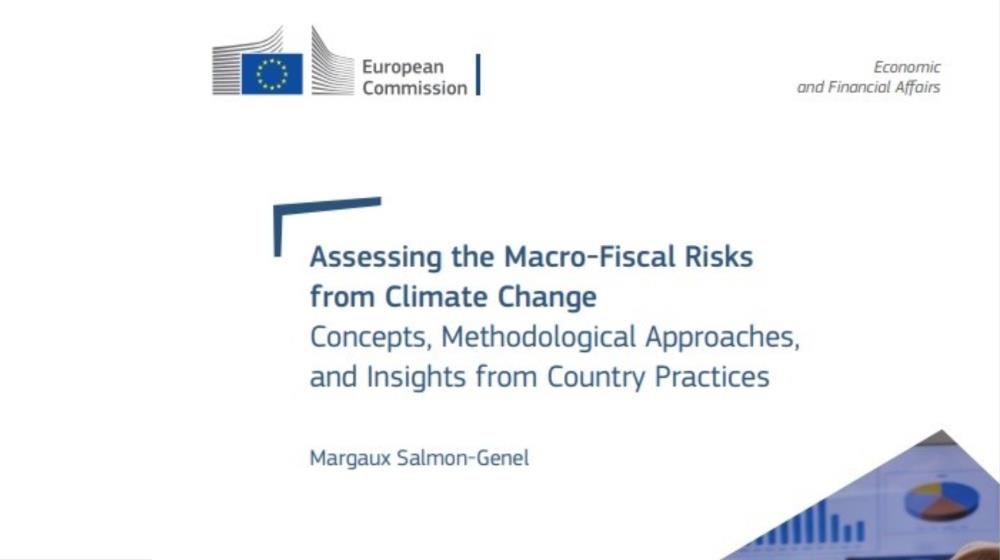The cost of the net-zero energy transition depends heavily on the chosen policy mix, particularly regarding the efficient use of carbon tax revenues, according to research conducted by the Ministry of Finance in collaboration with the Economic Research Centre of the University of Cyprus (CyERC) shows.
The results of the research are published in a paper of the European Commission with the aim to assess the macro-fiscal risks from climate change, examining approaches and insights from country practices.
In a post on X, the Ministry notes that this paper supports reflection on "how to approach assessments of the macro-fiscal risks from climate change, in light of the 2024 climate-related amendments to Directive 2011/85/EU on Requirements for Budgetary Frameworks of the Member States. It outlines key concepts, explores possible methodological approaches and available tools, and presents country practices that illustrate emerging approaches across Europe".
Regarding Cyprus, the paper quotes the three-year research initiated by the Ministry of Finance of Cyprus, in partnership with the Economics Research Centre of the University of Cyprus on climate change and its effects on the Cypriot economy.
According to the Commission's paper, the aim of the project conducted in Cyprus is to assess the economic and fiscal impacts of climate change on critical sectors and to analyse its implications for public debt and Cyprus’s broader development model.
It is noted that the project is part of Cyprus' broader commitment to achieving the objectives outlined in the European Green Deal and the Fit-for-55 package, as reflected in Cyprus’ revised Integrated National Energy and Climate Plan (NECP).
Phase 2 of the project, conducted in 2024, focused on conducting a model-based assessment of the economic impacts of energy transition policies. The analysis included multiple scenarios designed to evaluate the impacts of various policy instruments such as carbon taxation, green subsidies, policy mixes and tax reforms shifting the tax burden from labour income and capital income to energy taxation.
"The simulations provide qualitative and quantitative insights into the short- to medium-term macroeconomic effects of these policies, considering key variables such as output, employment, and inflation, as well as their effects on achieving Fit-for-55 targets", the Commission notes.
The analysis showed that the cost of the net-zero energy transition depends heavily on the chosen policy mix, particularly regarding the efficient use of carbon tax revenues.
According to the paper, the results were integrated into Cyprus’ annual draft budgetary plan 2025 and its medium-term fiscal structural plan for the period 2025-2028. Next steps include an extension of the modelling and analysis through an assessment of the impact of new climate change mitigation fiscal instruments (e.g. clean energy production subsidies, green public investments) and changes in associated spending-tax mix, effects of monetary policy decisions and short-term stabilisation (e.g. inflation targeting and interest rate policy) and the physical impacts of climate change (e.g. productivity effects of increased temperature).
It is noted that Cyprus also plans to integrate this analysis into its economic forecasts.
Finally, the paper mentions that the Cypriot Fiscal Council is part of the ongoing multi-country Technical Support Instrument project which supports five independent fiscal institutions (Cyprus, Greece, Latvia, Slovenia, Spain) in integrating climate change-related risks into their modelling framework for debt sustainability analysis.
Access the full report here









